End of an Era: Iceland’s Only Whaling Company Shuts Down 2025 Season
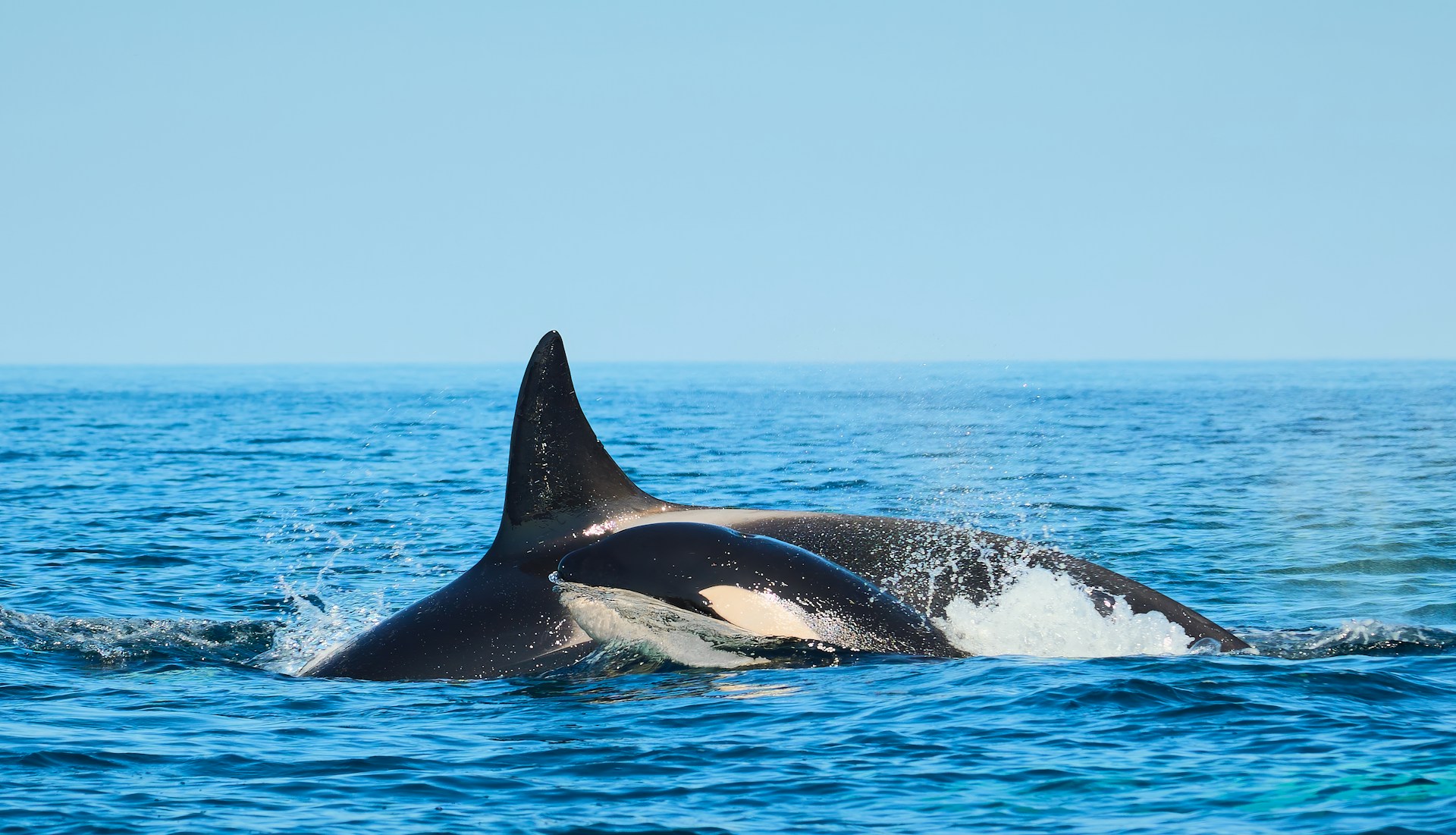
For the first time in decades, Iceland’s vast northern waters will remain undisturbed by the harpoons of commercial whalers. Hvalur hf., the nation’s sole remaining whaling company, has announced that it will not pursue fin whales during the summer of 2025. The decision, attributed mainly to economic hardship and plummeting demand for whale meat in Japan, signals what many believe could be the twilight of one of Iceland’s most controversial industries. What began as an economic choice may well mark a turning point in the country’s moral and ecological identity.
The cancellation has reverberated far beyond Iceland’s shores. Conservation groups across the globe have hailed it as a historic pause, a victory not won through government bans or legislative decree, but by the slow and steady weight of shifting values, changing markets, and evolving awareness. Yet within Iceland itself, the decision reveals a deeper national conversation one about heritage, economics, and the growing realization that the whales swimming through its fjords may be worth far more alive than dead.
The End of the Harpoon Season
In early 2025, Icelandic media began reporting that employees at Hvalur hf. had been informed: there would be no hunt this year. Though no official statement was immediately released, multiple news agencies confirmed the decision through internal sources. This marks the second consecutive year without a catch a remarkable pause for a company that once hauled in hundreds of whales each summer.
The company’s CEO, Kristján Loftsson, later confirmed the reports, citing the collapsing Japanese market as the decisive factor. “The price of our products is now so low that it is not justifiable to hunt this summer,”
A quarter of the 25 whales killed in this season's Icelandic whale hunts had to be shot with a harpoon TWICE, with one sinking to the ocean floor due to a line that gave way. Clear proof that killing a whale at sea can not be done humanely and that these hunts do not comply with… pic.twitter.com/QWPhg1mIWx
— Whale and Dolphin Conservation (WDC) (@whalesorg) October 9, 2023
Loftsson told the newspaper Morgunblaðið. Japan, Iceland’s primary export destination for whale meat, has faced declining demand for years, with unsold stockpiles gathering dust in freezers and warehouses. For Hvalur hf., the weakening Icelandic króna and rising costs of storage, fuel, and transport compounded the financial burden.
The timing is striking. Just months earlier, in December 2024, then-Prime Minister Bjarni Benediktsson had issued a five-year license allowing Hvalur to hunt up to 209 fin whales annually through 2029. It was one of his final acts in office, and one that drew immediate backlash from environmentalists and a skeptical Icelandic public. Yet even with the permit secured, economic forces proved stronger than political will. The 2025 decision reflects not only a financial calculation but a profound shift in public sentiment and perhaps the beginning of the end for a practice that has long divided the island nation.
From Economic Powerhouse to Industry Relic
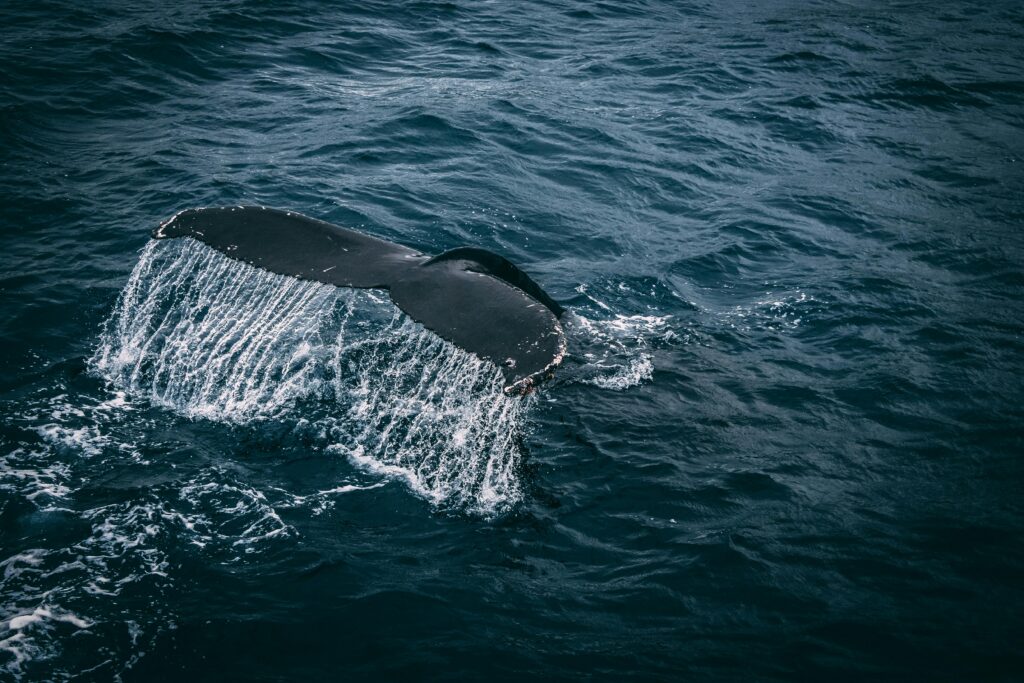
For much of the 20th century, whaling was seen as an expression of Icelandic self-sufficiency a hard-edged industry born of necessity in a rugged landscape. The company Hvalur hf., founded in 1948, embodied that ethos. Its gleaming harpoon cannons, moored ships, and processing plants represented modernity and independence. At its peak, the company supplied Japan with tons of frozen whale meat, a lucrative export that helped sustain Iceland’s economy during difficult decades.
But over time, the global mood began to shift. The 1986 moratorium on commercial whaling imposed by the International Whaling Commission (IWC) reshaped the industry’s moral and legal boundaries. Iceland initially agreed to the moratorium but later withdrew from the IWC in 1992, frustrated by what it saw as unfair restrictions. The country returned to commercial whaling in the early 2000s, this time under a “scientific exemption,” a loophole that critics said undermined the spirit of the international ban.
The tension between tradition and modernity has defined Iceland’s whaling debate ever since. For older generations, whaling was a proud symbol of resilience and maritime expertise. For younger Icelanders, raised amid booming ecotourism and environmental awareness, it increasingly feels like an embarrassing relic. A 2024 survey by Maskína found that a majority of Icelanders believe whaling damages the country’s reputation abroad, while only a small minority still view it as an economic asset. The figures paint a clear picture: Iceland is outgrowing its harpoons.
The Japanese Market Collapse
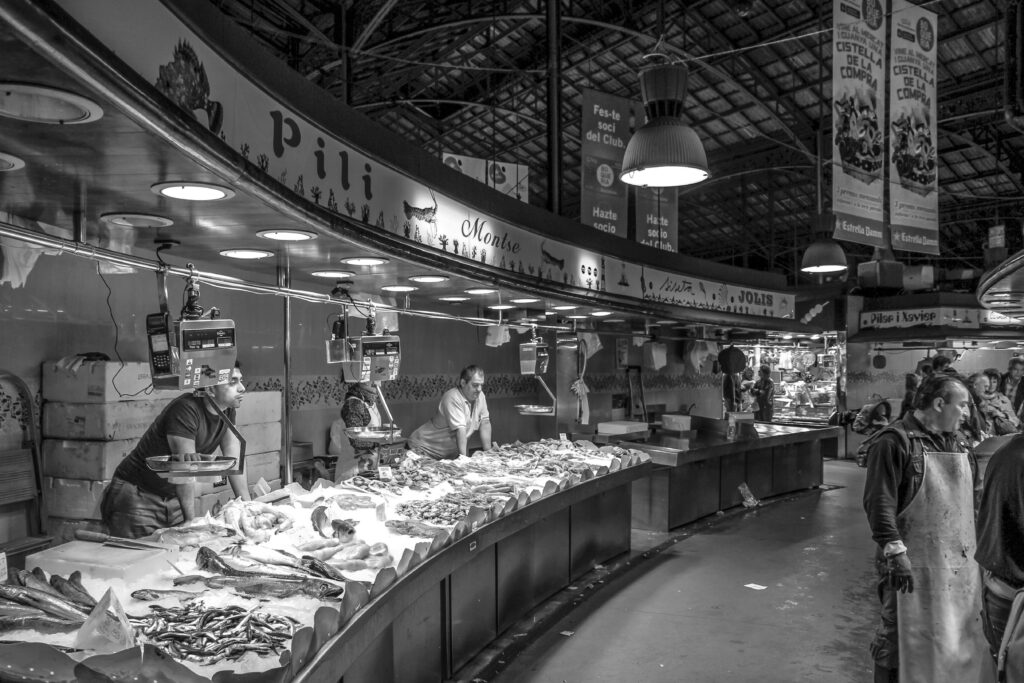
For decades, Japan has been the economic lifeline of Iceland’s whaling industry. Almost all of Hvalur’s fin whale meat was exported there, where whale dishes once held cultural and nostalgic value. But the Japanese market has been quietly collapsing. Consumption has fallen steadily since the 1960s, and by the 2010s, younger Japanese consumers viewed whale meat as outdated or even distasteful. Despite Japan’s own withdrawal from the IWC and resumption of commercial whaling in 2019, domestic supply soon outstripped demand.
Today, whale meat sits unsold in warehouses across Japan. Government subsidies and patriotic campaigns have failed to revive the appetite for it. The economic logic that once justified Iceland’s whaling fleet has thus inverted: the more whales Hvalur hunts, the less profitable it becomes. Even with new permits in hand, the cost of catching, processing, freezing, and exporting whale meat to an uninterested market is simply untenable.
Kristján Loftsson has defended the practice for decades, insisting that it was sustainable and scientifically managed. Yet the numbers tell a stark story. In 2022, Hvalur caught 148 fin whales. In 2023, only 24. In 2024 and now 2025, none at all. The once-annual hunt has dwindled into absence, a ghost of an industry sustained only by permits and nostalgia. As Japan’s interest wanes, so too does the economic rationale that has long justified Iceland’s defiance of international norms.
Rising Tides of Public Opinion
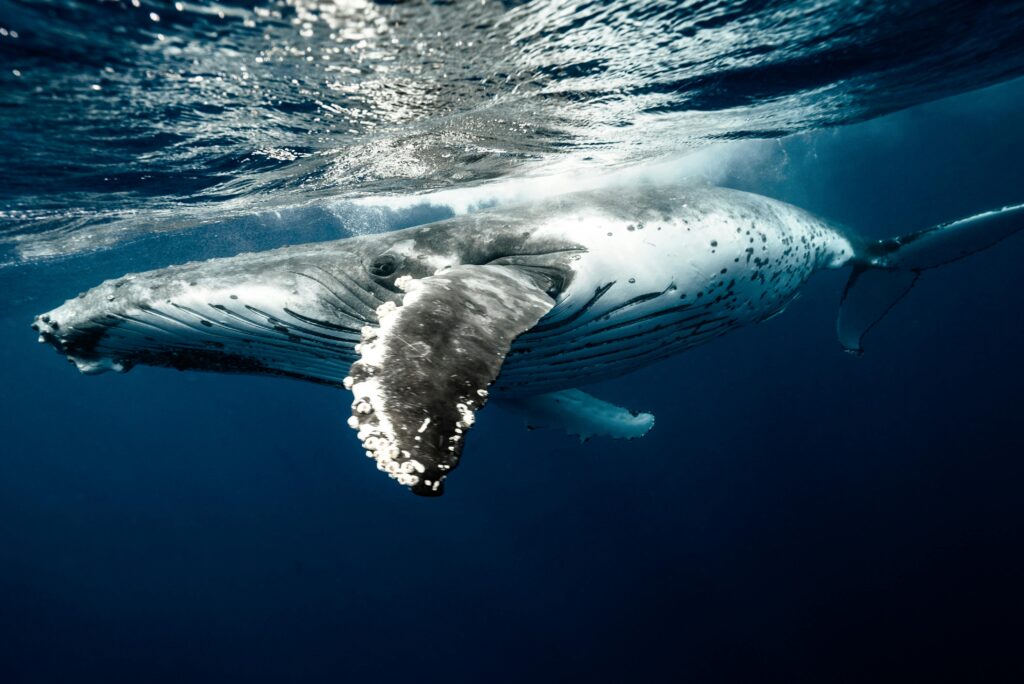
Public attitudes within Iceland have shifted dramatically over the last decade. Once tolerated as a traditional industry, whaling now faces mounting opposition from both citizens and lawmakers. Younger generations, in particular, see whale hunting as incompatible with Iceland’s modern identity a nation celebrated for its renewable energy, environmental policies, and breathtaking natural heritage.
Whale watching has replaced whaling as a major source of coastal income. Each summer, thousands of tourists board boats in Reykjavík, Húsavík, and Akureyri to watch humpbacks and orcas breach the cold waters. The industry generates millions annually and sustains hundreds of local jobs. Economically, it dwarfs the value of whale meat exports. Symbolically, it aligns Iceland with a global movement that values conservation over exploitation.
This cultural transformation has been reinforced by policy and science. In 2023, a government-commissioned report concluded that whales killed by harpoons often suffered prolonged deaths, some lasting up to two hours. The report led to a temporary suspension of whaling and new welfare regulations. Though Hvalur received a renewed license in late 2024, public outcry was swift. Environmental groups such as the International Fund for Animal Welfare (IFAW) and the Whale and Dolphin Conservation (WDC) called for a permanent end to the practice. As Sharon Livermore of IFAW remarked, “It’s clear that killing hundreds of whales a year is an economic and environmental loser.”
The Long Shadow of History
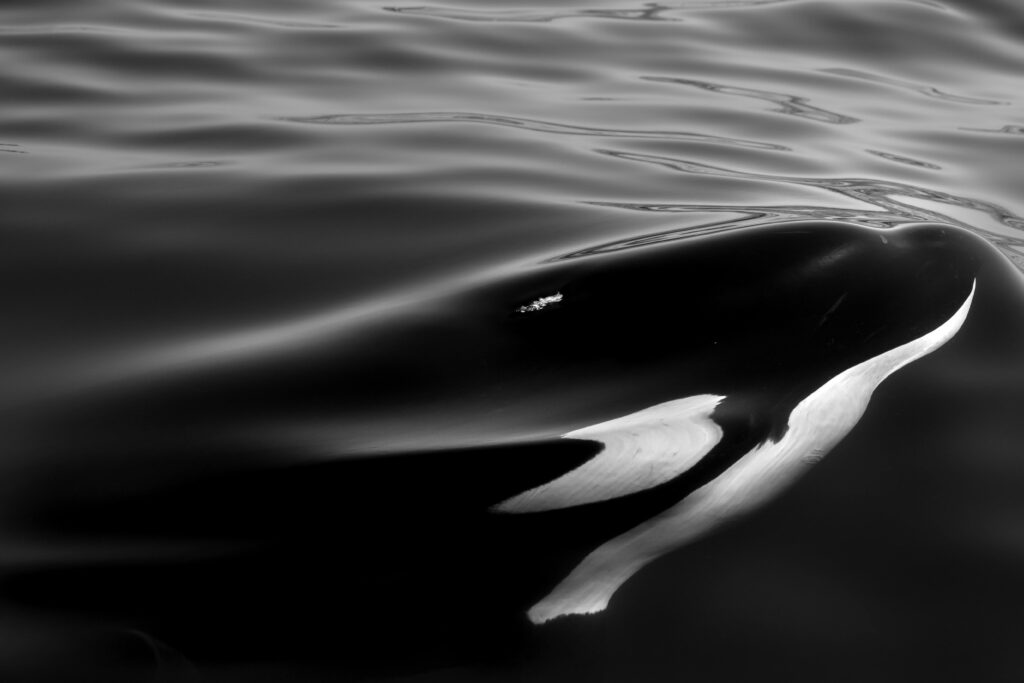
Whaling has been part of Icelandic life for centuries. The first bans and reforms date back to the early 1900s, when the government sought to protect fisheries and push back against foreign exploitation. Over time, the nation developed its own whaling fleet and defended its right to harvest marine resources on its own terms. To many, whaling became a matter of sovereignty a small nation asserting its independence against international pressure.
Yet the world has changed dramatically since the 1940s. The fin whale, once hunted without limit, is now classified as a vulnerable species by the International Union for Conservation of Nature (IUCN). Scientists have shown that whales play vital roles in ocean ecosystems, helping regulate carbon levels and supporting marine biodiversity. Each fin whale spared is not just a life saved, but a contribution to the health of the planet.
As Iceland stands on the threshold of change, it faces a choice familiar to many nations balancing heritage with responsibility. The economic forces driving Hvalur’s retreat may do what decades of diplomacy could not: end commercial whaling without a political fight. But even so, the country’s symbolic reckoning remains. Will Iceland become a beacon for ocean conservation, or will it cling to a dying trade out of pride?
A Future Without Whales on the Menu
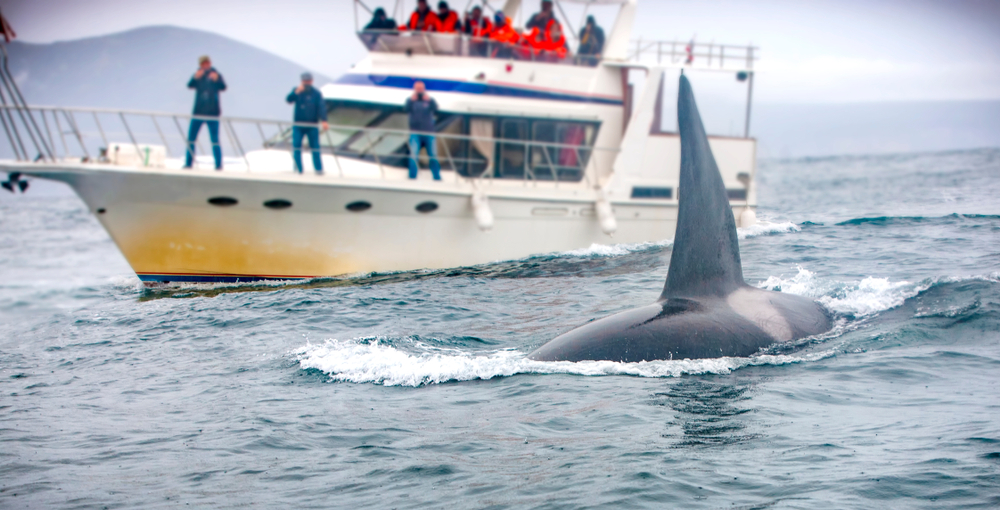
For now, the seas around Iceland will be quiet. No harpoons will fire, no whale carcasses will be processed, and no fin whale meat will be shipped to Japan. Environmental groups are calling this a moment to reflect and to act. They argue that temporary pauses must become permanent policy, enshrined in law. If Iceland formally ends commercial whaling, it would join the vast majority of nations that have moved beyond it, focusing instead on marine protection, scientific research, and ecotourism.
Meanwhile, Iceland’s minke whale company, Tjaldtangi ehf., still holds a license to operate, though it remains uncertain whether it will hunt in 2025. Even if it does, the scale is small compared to Hvalur’s operations. The fin whales the second-largest animals on Earth will at least have a reprieve.
The decision to cancel the 2025 season may have been motivated by profit margins, but its implications reach deeper. It hints at a cultural shift where compassion and conservation are no longer fringe ideals but mainstream values. In a world struggling with climate crises and biodiversity loss, even a single act of restraint carries global resonance.
A Turning Tide
Iceland’s 2025 whaling pause might not yet spell the absolute end of the practice, but history will likely remember it as the moment when the harpoons finally began to rust. The same cold economic calculus that once justified the slaughter of whales is now steering Iceland toward their protection. The markets have spoken where morality once struggled to be heard.
Whaling shaped Iceland’s past, but it doesn’t have to define its future. As the nation leans into renewable energy, eco-tourism, and global conservation leadership, the end of commercial whaling offers a powerful symbol of progress an acknowledgment that old industries fade, and new values emerge in their place. For the fin whales gliding through the North Atlantic this summer, it means another year of life. For Iceland, it could mean something greater: a rebirth of identity anchored not in what it kills, but in what it chooses to protect.
Loading...

